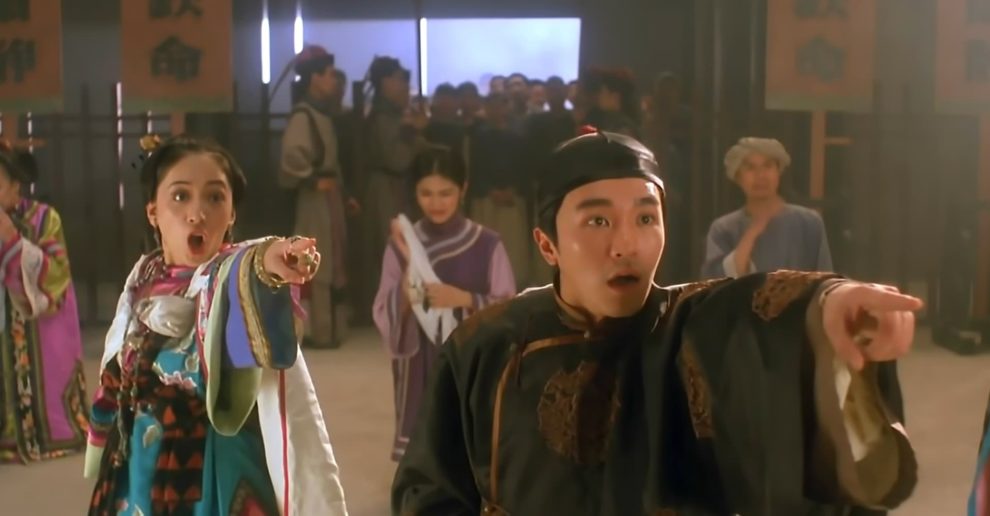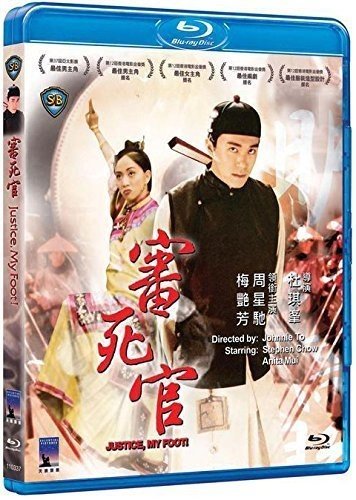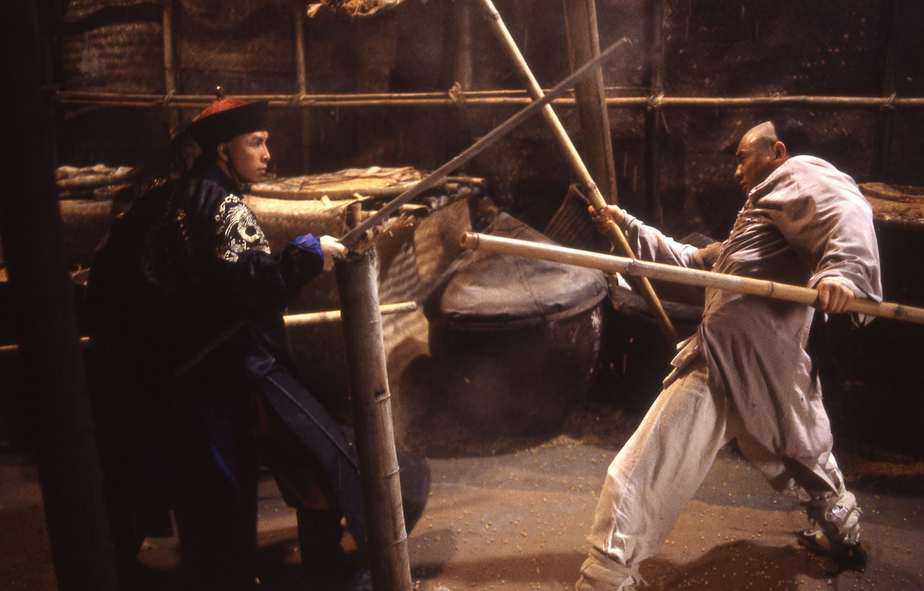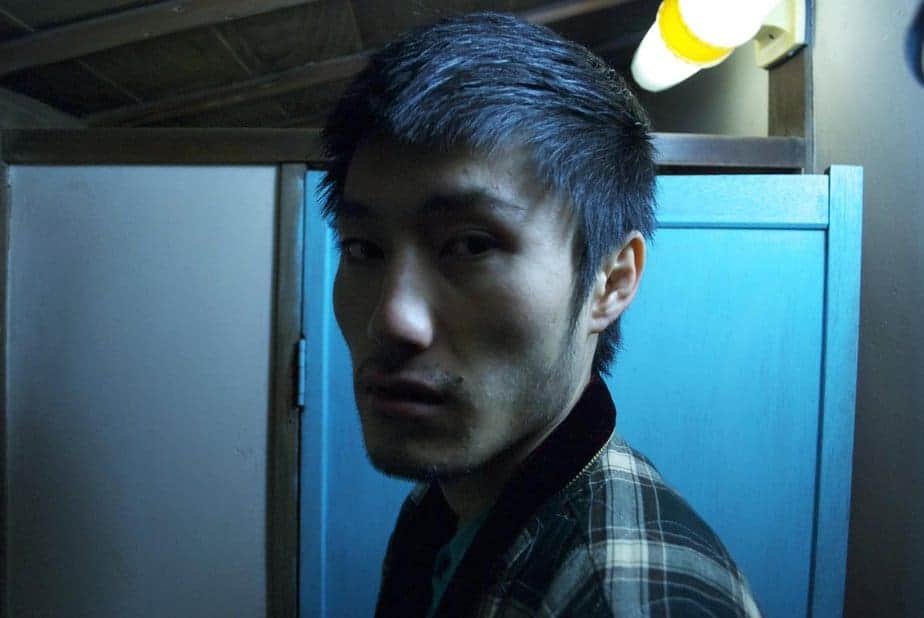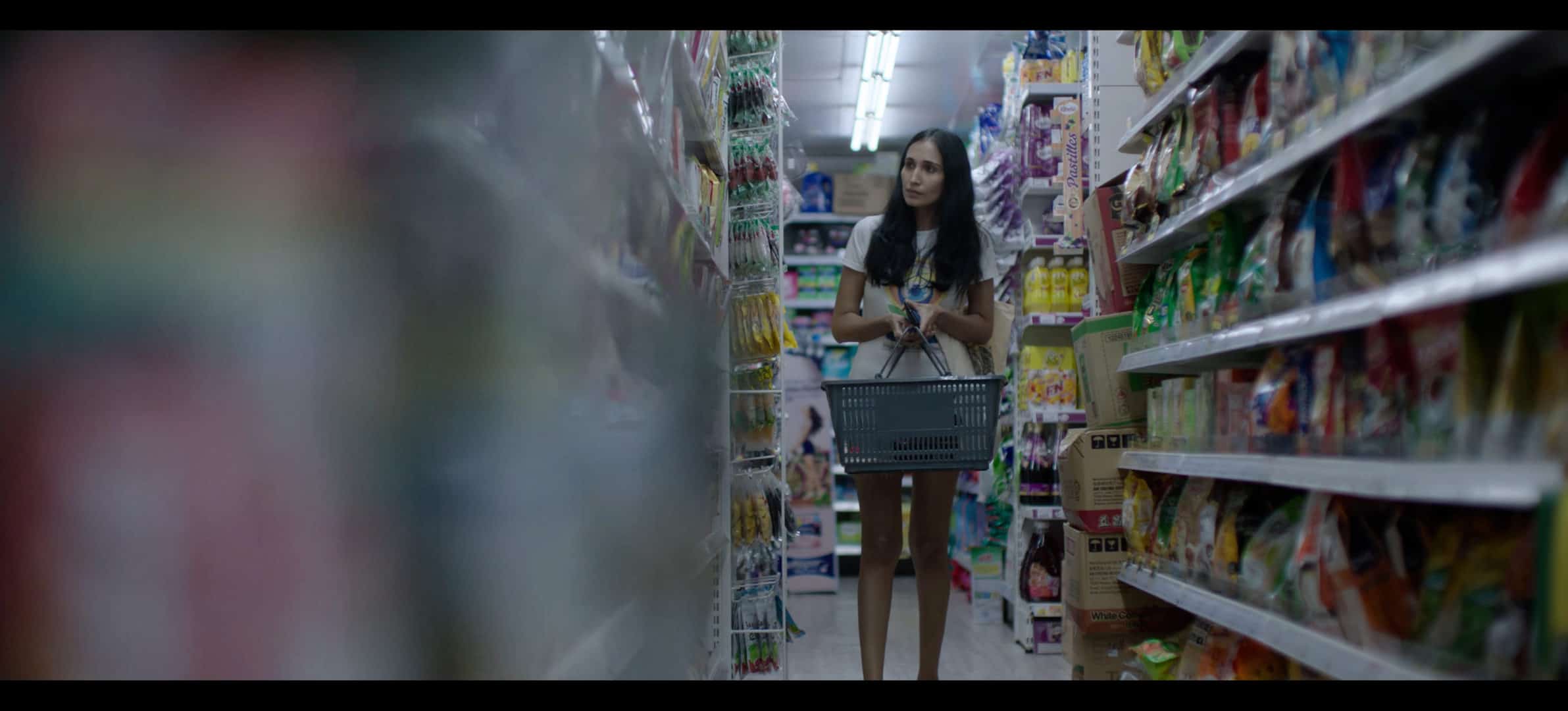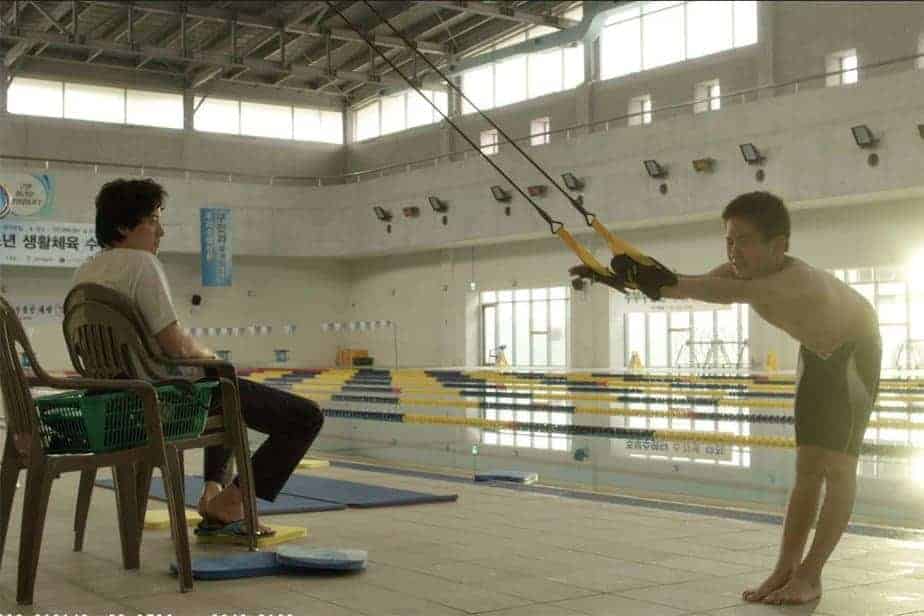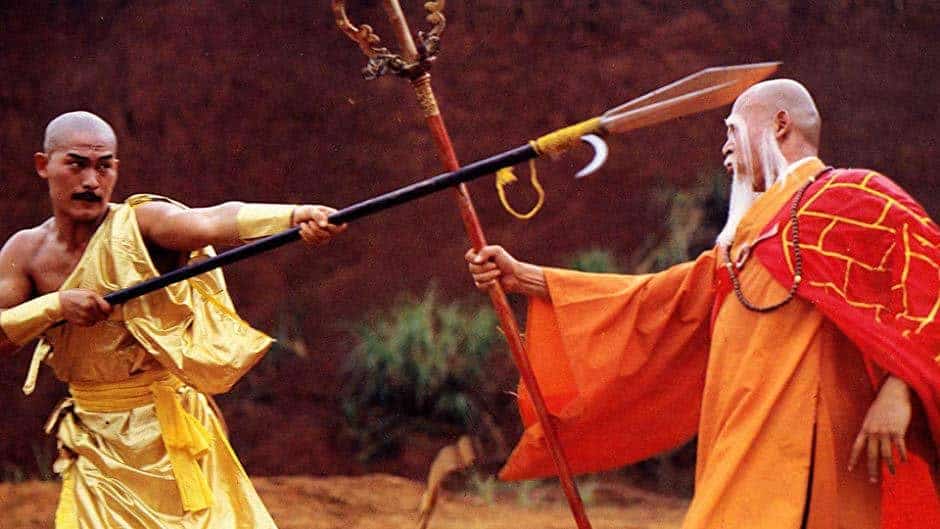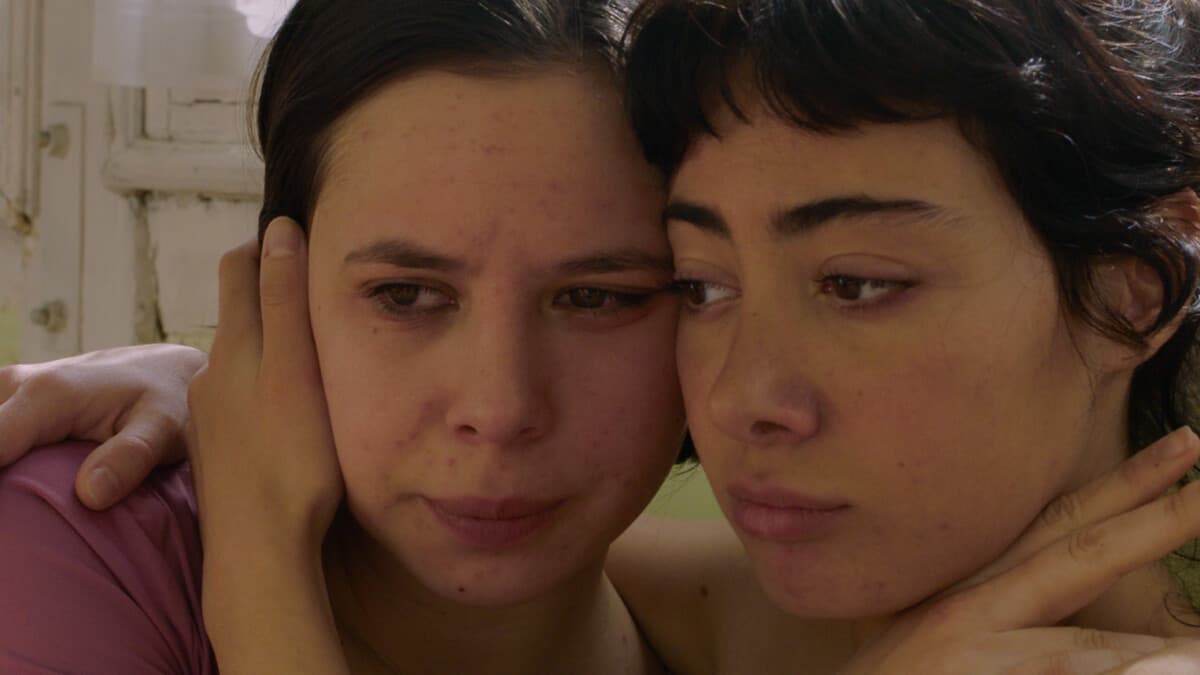By the time 1992 came along, Stephen Chow was already a prolific actor, featuring in as many as nine to twelve features per year. 1992 was no different, where he starred in eight, but what set that year apart was that seven of those were among the 15 highest-grossing productions that year. Of those 15, the top 5 were astonishingly all Stephen Chow vehicles and the one that reigned supreme was “Justice, My Foot”, the first of only two collaborations of his with director Johnnie To.
Buy This Title
“Justice, My Foot” is the story of Sung Sai-kit, a lawyer in Guangdong with a highly bendable ethical code who will win every case by any means necessary. Though a name of both repute and ill-repute outside, it's a different story at home, where clearly the pants are worn by his wife, Madam Sung, a woman taller than her husband and with far greater martial arts skills than most in the city. Madam Sung insists he let go of his shyster ways and retire, for she blames the death of all their thirteen male children in infancy on the bad karma gathered by Sai-kit's unethical work. The lawyer begrudgingly agrees and opens up an inn, a life which proves a lot duller than anticipated. Madam Sung, however, asks Sai-kit to return to the courtroom when she comes across a heavily pregnant Madam Chou, a woman whose brother and sister-in-law murdered her husband, and asks him to fight her cause.
There is a lot of plot crammed up in the 95 minutes runtime of this feature, but thankfully, it is also chockablock with gags to keep the proceedings breezy and and light-hearted. The mo lei tau humour here is an odd one to peg down. Sure, there's plenty of the trademark Stephen Chow comedy to enjoy even for someone not familiar with the language, one but can't help but feel that a fair amount of the humour is lost in translation, making this ultimately feel like a production that could massively benefit from a fresh subtitle translation. Though primarily a comedy, “Justice, My Foot” also includes a small but satisfactory number of martial arts sequences, the first To production to do so. Choreographed by the legendary Ching Siu-tung, they include everything from hand-to-hand combat to wild wuxia set-pieces, most involving Anita Mui's Madam Sung.
In-between all the fun and frolic, Johnnie To also manages to provide commentary on the duplicitous nature of the lawyer profession as well as the concept of karma, the latter of which also looms heavy on the other To-Chow collaboration, “The Mad Monk”. The narrative's depiction of female characters is also an interesting one. Both Madam Sung and Madam Chou are shown in typically cliched child-bearing roles, the former having her fourteenth pregnancy and the latter the pregnant damsel-in-distress, but they are also rather headstrong women with their own strengths. In Madam Sung's case, she is the dominant one in the marriage, which makes for an interesting dynamic, for a change.
Though they were on the cast list in two projects together before, this is the first time that Chow and the late, great Anita Mui are paired with each other and the two share a great chemistry, bouncing jokes off each other quite well. Mui in particular also gets to hone her martial arts skills, which would prove to be useful in future projects. Carrie Ng does feel a bit underused as Madam Chou, but some of her comedic scenes do garner chuckles. Ng Man-tat is his usual funny self as seen in several Chow titles, but the fart jokes do tend to wear thin after a while.
Technical merits are strong, with Peter Pau's cinematography showcasing the terrific set designs that boast of the production's big budget, while also complementing Ching Siu-tung's action choreography, which makes “Justice, My Foot” an overall pleasing viewing experience. Despite its language shortcomings, there's still plenty to enjoy in this Stephen Chow feature, which may not be an ideal entry point into his filmography but fans should find plenty to satiate themselves. It proves to eventually be a good entry in Johnnie To's early oeuvre.


